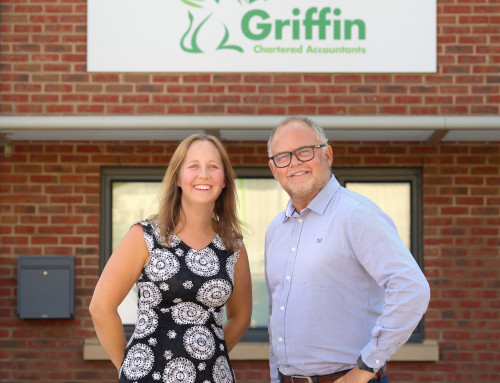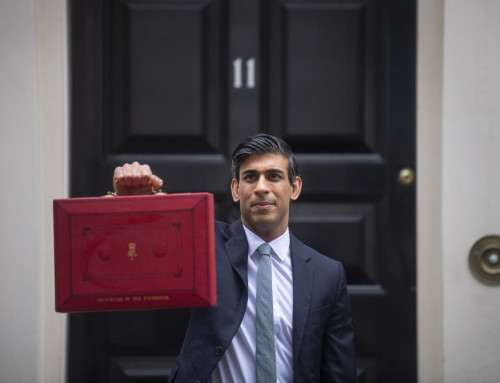The Winter Economy Plan
There have been widespread calls for the Job Retention Scheme to be extended past its current end date of 31st October. Chancellor Rishi Sunak has today announced what the government will be doing to combat a forecasted drop in employment rates following the end of the furlough scheme, as well as some changes to existing schemes.
Job Support Scheme (JSS)
The Job Support Scheme will begin on 1st November and run for 6 months, with an aim of topping up the wages of employees in viable jobs who can work at least a third of their normal hours. This, in theory, should encourage employers to keep staff on with reduced hours rather than making them redundant.
All small and medium sized businesses are eligible for the scheme automatically, but large businesses will have to demonstrate a loss of earnings to participate. Employers do not have to have made use of the furlough scheme in order to access the JSS. It is important to note that by utilising the JSS, employers are not forfeiting their rights to the Retention Scheme Bonus for keeping furloughed employees on.
Employers will pay their employees as normal for the hours that they work and will then match the government by paying a third of the remaining shortfall each. This infographic from the Treasury illustrates how this will work.
Similarly to the furlough scheme, the employer will be reimbursed in arrears for the government contribution.
Pay as you grow
Businesses which borrowed against the Bounce Back Loan Scheme or Coronavirus Business Interruption Loan Scheme will be able to extend their loan term from six years up to ten years. The effect of this will be significantly reduced monthly payments to help with businesses’ cashflows. Other options include moving to interest only payments, or completely suspending payments for up to 6 months. The application deadline for these schemes has been extended to the end of November, allowing more business to take advantage of Government-backed loans.
The chancellor has said that making use of these loan alterations will not have an adverse effect on the credit score of the borrower. He also alluded to a new loan scheme which will become available at the start of January.
Deferred tax bills
Earlier in the year, many businesses took advantage of VAT payment deferrals that would have become payable on 31st March 2021. These businesses will now have the option to split this payment into 11 smaller, interest-free payments paid monthly. To make use of the alternate payments, businesses will need to opt in. HMRC will put in place an opt-in process in early 2021.
Similarly, self-assessment income taxpayers will be able to spread their tax bill over 12 months from 31st January. HMRC will need to be notified if you intent to spread your self-assessment tax bill, by calling their Time to Pay Self-Assessment helpline.
Hospitality & tourism VAT cut extension
The hospitality & tourism sectors have been at the forefront of much of the coronavirus support. In July, the government announced that VAT rates would be cut from 20% to 5% for businesses operating in these sectors, with the cut initially lasting until 12th January 2021. This deadline has been extended to the 31st March 2021, which should help over 150,000 businesses and protect up to 2.4 million jobs across the country.
Self Employed Income Support Scheme
An extension to the SEISS has been announced, with the chancellor stating that the terms of this will be similar to the first two grants that have been available throughout the year. The extension will be in the form of two further taxable grants, at a reduced rate to the first two. The first of these grants will cover 20% of average monthly trading profits and will cover a three-month period. The second grant will cover February, March and April 2021 with a yet undisclosed contribution from the government.
Living with coronavirus
The chancellor’s message was clear; we are going to have to find a way to sustainably co-exist with coronavirus, at least for the next few months. Over the first 6 months since lockdown began on 23rd March, the government has taken a blanket approach to its support packages, but now seems to be shifting towards targeted help for those in most need. This supports the statement that Boris Johnson made earlier in the week that lockdown restrictions will be in place for at least the next six months.
Get in touch
If you have any questions about the available support detailed in the Winter Economy Plan, please get in touch by calling the office on 01392 241228 or emailing misty@griffinaccountancy.co.uk.






